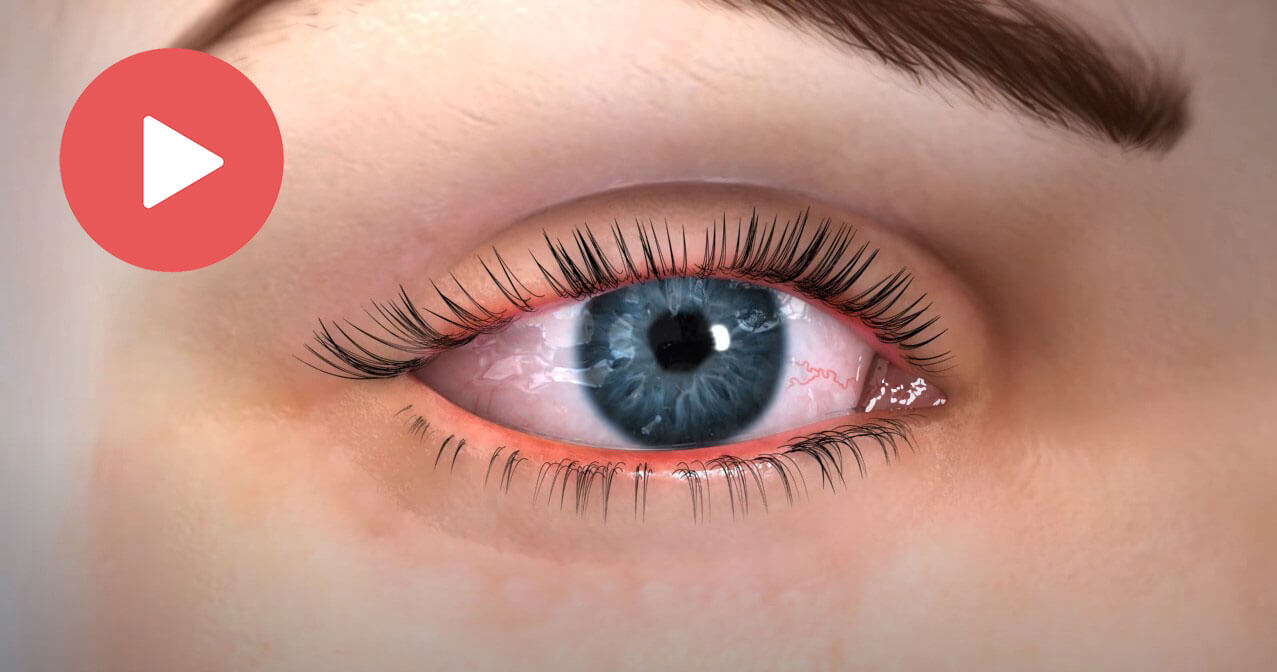All Categories
Featured
We usually read about securing our skin from harmful ultraviolet (UV) rays, however did you recognize that UV direct exposure can likewise dramatically affect your eye health? Whether you're outdoors on a bright day or even throughout cloudy climate, your eyes are frequently revealed to UV radiation. Extended direct exposure can enhance the threat of different eye problems, several of which might result in irreversible vision damages. Understanding the effects of UV rays on your eyes and exactly how to safeguard them is necessary for preserving long-term eye wellness.
Sorts Of UV Rays. UV rays are categorized into 3 kinds:
UVA Rays: These rays penetrate deep right into the skin and can likewise affect the inner layers of the eyes. UVB Rays: These rays mainly cause damage to the skin's surface area yet can additionally damage the cornea and lens of the eye. UVC Rays: While these are the most dangerous, they are largely absorbed by the Planet's environment and don't reach the surface. Both UVA and UVB rays are harmful to your eyes, and gradually, direct exposure can cause major eye problems.
Short-Term Effects of UV Direct Exposure. Even brief exposure to intense UV rays can result in instant eye damage. A common short-term problem is photokeratitis, typically described as "sunburn of the eye." Signs of photokeratitis consist of:
Inflammation and irritation. Level of sensitivity to light. Tearing or watery eyes. An abrasive feeling, as if something is embeded your eye. While the signs and symptoms of photokeratitis are momentary and generally fix within a day or 2, duplicated events can have collective results on your vision.
Long-Term Effects of UV Exposure. Persistent UV direct exposure can contribute to several severe eye conditions, including:
Cataracts: With time, UV rays can cause clouding of the eye's lens, leading to cataracts, among the leading causes of blindness worldwide.
Macular Deterioration: Prolonged UV direct exposure can harm the retina, especially the macula, resulting in age-related macular degeneration (AMD), which impacts main vision.
Pterygium: Additionally referred to as "web surfer's eye," this condition involves the growth of a fleshy tissue on the white component of the eye, which can cross the cornea and impact vision.
Skin Cancer Cells Around the Eyes: The fragile skin around the eyes is at risk to UV radiation, boosting the danger of skin cancer cells, such as basal cell cancer.
Pinguecula: UV exposure can also lead to yellowish down payments on the conjunctiva, which can create inflammation and discomfort.
Exactly How to Protect Your Eyes from UV Rays. Use Sunglasses with UV Protection: Always select sunglasses labeled as obstructing 100% of UVA and UVB rays. Wrap-around styles provide added defense by obstructing UV rays from the sides.

Make Use Of a Wide-Brimmed Hat: Hats with a broad brim can lower UV exposure by as much as 50%, using extra coverage for your eyes and face.
Stay Clear Of Optimal Sun Hours: UV rays are toughest between 10 a.m. and 4 p.m. Limiting your outside tasks throughout these hours can assist decrease exposure.
Do Not Ignore Children: Kid's eyes are more conscious UV rays, so guarantee they use sunglasses and hats when outdoors.
Wear UV-Blocking Get In Touch With Lenses: If you wear contacts, ask your eye care service provider concerning UV-blocking lenses for added protection.
Keep Protected Year-Round: UV damage isn't limited to summer season; rays can reflect off surfaces like water, sand, and snow, making eye defense necessary all year.
Verdict. Shielding your eyes from UV rays is critical to preserving your vision and total eye wellness. The impacts of UV exposure might not constantly be instant, yet they can build up gradually, resulting in significant problems. By taking basic preventative measures like wearing UV-protective sunglasses, restricting direct exposure throughout height hours, and on a regular basis checking out an eye care professional, you can guard your eyes from the hazardous effects of UV radiation. Keep in mind, your eyes are irreplaceable-- take steps to safeguard them today.
Latest Posts
Learn About Brake Repair & More: Full Auto Care Solutions from Montclare Auto Repair
Discover Affordable Auto Repairs with Montclare’s Exclusive Service Specials
How Regular Car Maintenance at Montclare Auto Repair Saves You Money
More
Latest Posts
Learn About Brake Repair & More: Full Auto Care Solutions from Montclare Auto Repair
Discover Affordable Auto Repairs with Montclare’s Exclusive Service Specials
How Regular Car Maintenance at Montclare Auto Repair Saves You Money